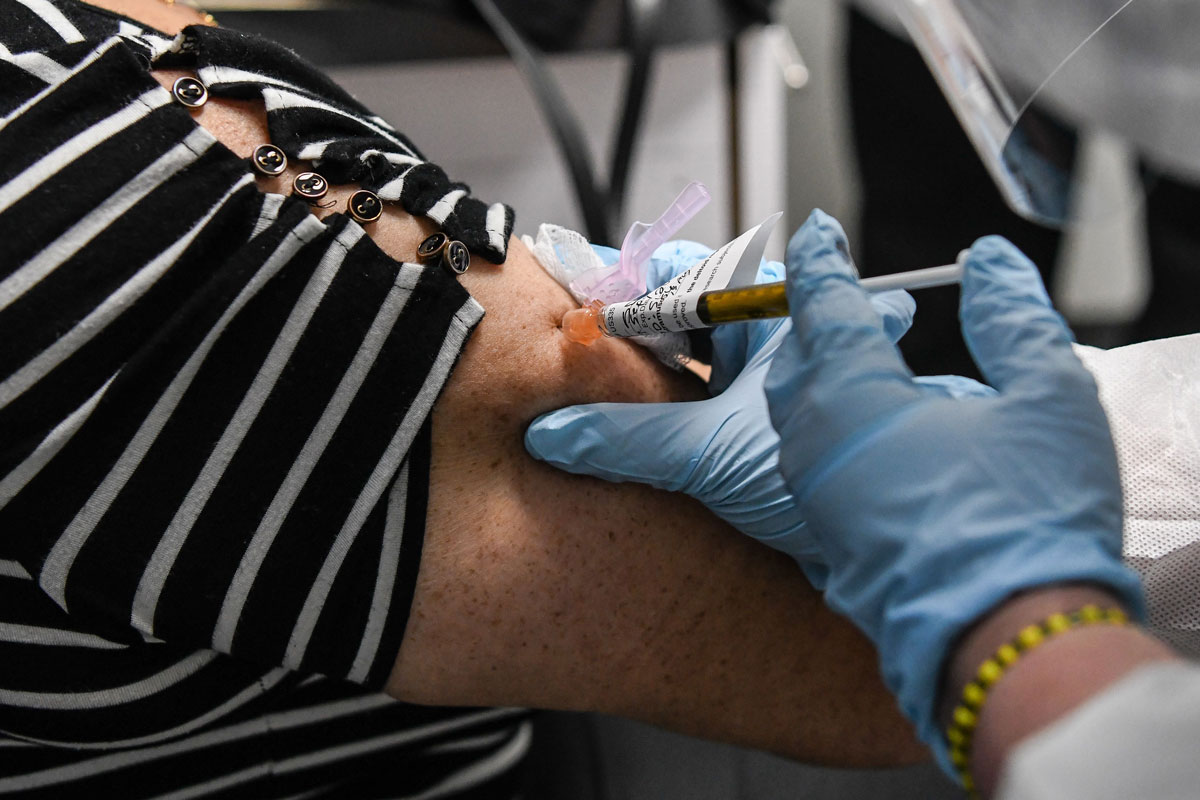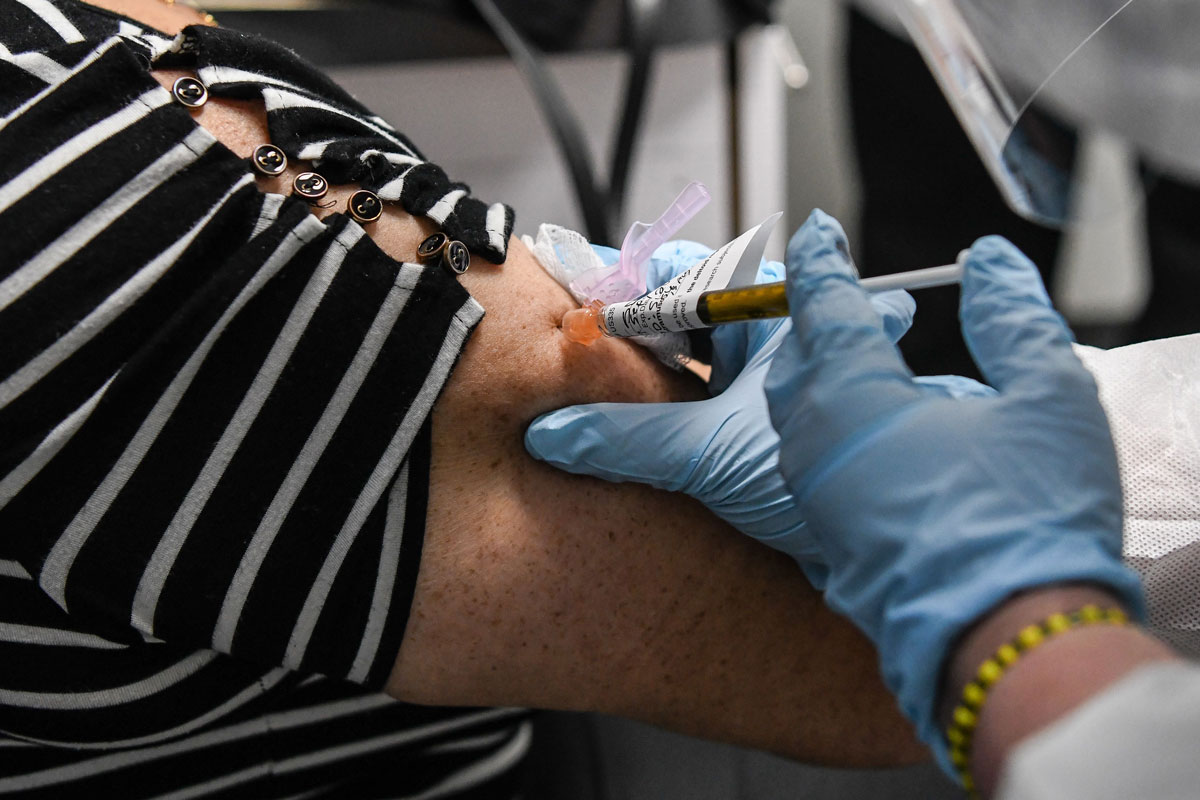States have their Covid-19 vaccine plans filed — but no money to pay for them

Friday was the deadline for states to file their plans for distributing any coronavirus vaccine, but they still don’t have the needed federal money to help them do it, state health officials said Monday.
The US Centers for Disease Control and Prevention asked states to file their plans by last week.
“As it stands now, we do not have any capability to fund the imminent implementation of the plan,” James Blumenstock, senior vice president for pandemic response and recovery at the Association of State and Territorial Health Officials (ASTHO), told reporters on Monday.
He said the CDC has distributed $200 million to states for preparedness and planning. “That certainly would not be sufficient at all for a campaign of this magnitude and duration that we are thinking of,” Blumenstock said.
ASTHO has asked Congress for $8.4 billion to help states distribute and administer vaccines to people, once they became available.
“Even if the money was appropriated today, it would take time for those funds to reach the jurisdictions that in turn would need it,” Blumenstock said.
He compared the current response to the rollout of vaccines for the H1N1 swine flu pandemic in 2009. What’s been provided now compared to what was provided then seems “woefully inadequate,” he said.
Dr. Nirav Shah, director of Maine’s Center for Disease Control and Prevention, said his state and likely others could probably get started vaccinating frontline health care workers once a vaccine became available, because they will be in easy-to-reach places such as hospitals and clinics.
What will be more difficult, he said, will be reaching the people designated as high risk of severe complications for coronavirus who are not frontline medical and emergency workers, such as people with underlying health conditions.
States will face considerable difficulties distributing coronavirus vaccines, especially as some require special ultra-cold handling conditions. Record-keeping will also be complicated because some vaccines will require two doses. The vaccines made by different companies have very different formulations, so if more than one is authorized, clinics will have to keep careful note of which vaccines patients get so they get a second dose of the same brand of vaccine.
![]()


